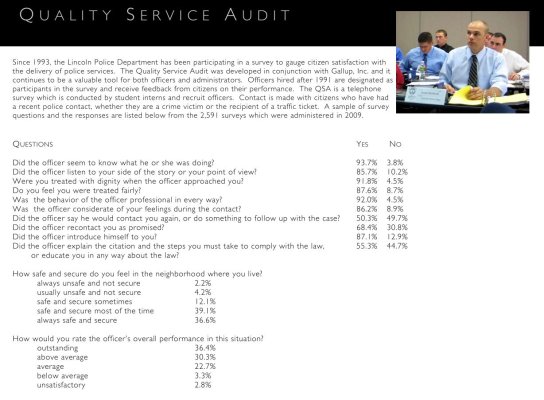I fear you are correct.
Good podcast here on NPR, which includes a former teacher who agrees with you on the NEA.
Are Teachers Unions To Blame For Failing Schools? : NPR
The article makes no mention of what was said in the meeting and shares nothing but a black or white ending to the meeting, which may or may not be what actually happened.
The reality it that there are some places where there are failing schools, mostly in the inner cities where are are limited resources to train teachers in the pedagogy that is research based. 99% of teachers do not get training at the university level that is research based on how children actually learn well. Since this research based training has only finally been done in the last 15 years, and since the universities are typically about 15 years behind the curve, the difference between really skilled teachers as a group and those who are not really skilled comes down to teacher training(and the occasional "natural teacher" who just seems to pick these things up, but doesn't know how they do it). And, the kind of teacher training we are talking about can only come from the districts themselves, and from efforts of the districts to require all teachers to use these techniques.
I have a union in my school. My school district is NOT FAILING. In PA, the state measures reading, math, science, and writing, in tests which are not easy, in fact they are very difficult. Home schooled kids often take the test and often they are totally lost. My district has consistently been at the forefront of the county in scores, and one of my elementary schools is in the top 20 of the 5000 elementary schools in the state. When one sees this, one has to wonder what is my district doing right, when just like every other district it has a union, and the union does the same things as every other union.
If you want to participate in educator bashing because it seems to be the politically correct thing to do or because you are just generally angry at the world, or have an axe to grind, please be my guest. If you want to find out what works and where, you will find that the places where things work and are effective have the same unions with the same union efforts that schools do where things are not going right.
Bashing the unions is an easy and simplistic way of expression your anger, and your manipulated anger by politicians. Most people would not be angry at schools if our politicians didn't try to focus us in that direction. Its not productive, however.
Education is the most complex technology in our society because it deals directly with human behavior, modifying human behavior, dealing with agendas of students and adults in human behavior, motivating humans to perform at their best, etc. None of these things follow linear patterns, and all of them are interdependent.
Once the general public begins to understand the complexity of what we are talking about, and once educators recognize the complexity that they are working with(they generally don't), we can continue to research the complexity and stop extremely simplistic solutions to astoundingly complex questions.
Unfortunately, our politicians who manage most of public education with mostly unfunded mandates and threats of removal of the funding they do provide, use simplistic solutions to most complex problems, so I won't be holding my breath. And after 40 years in this business as of next spring, I'll be retiring and really won't really care anymore.
Z

